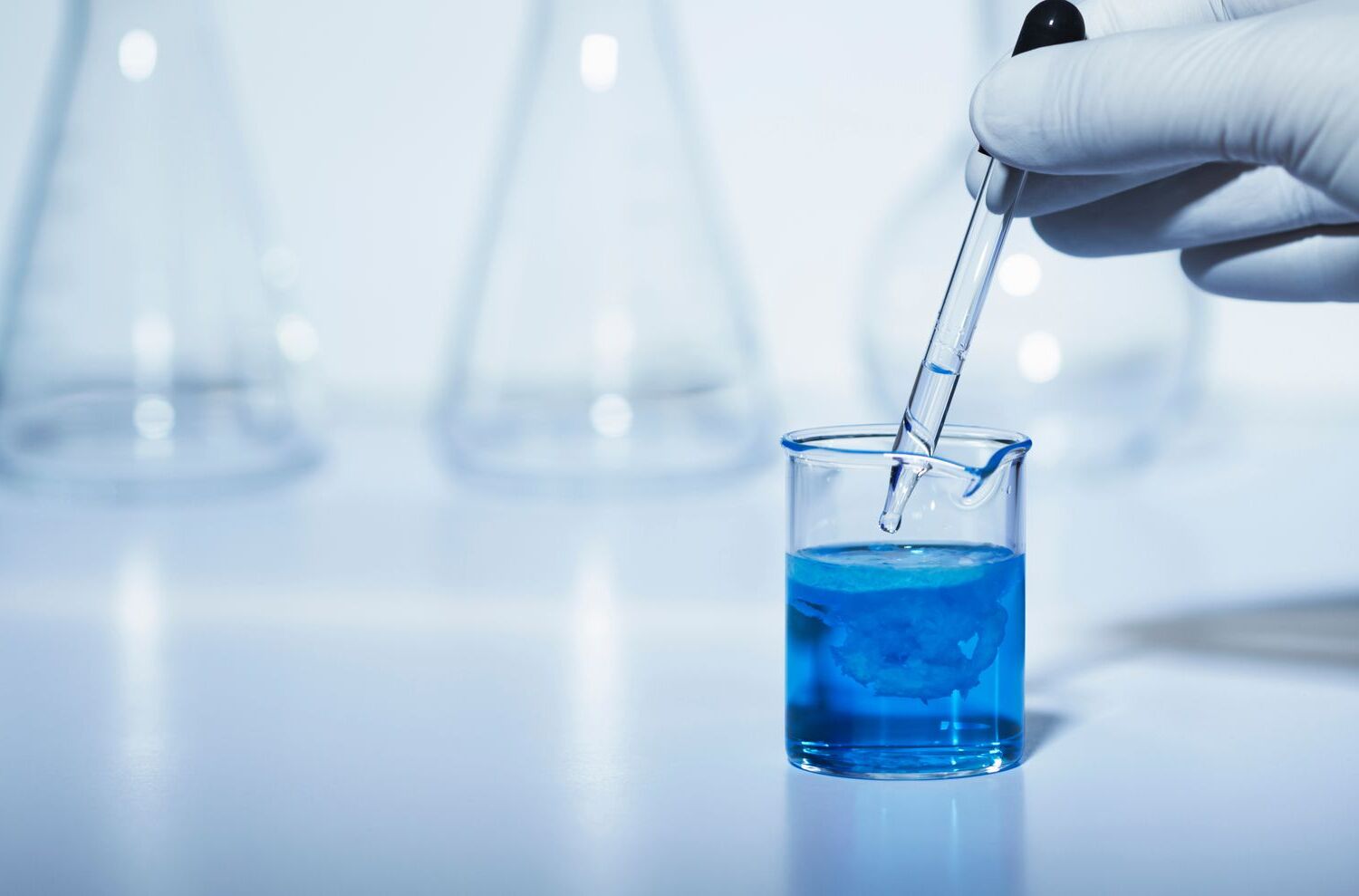Mastering the art of calculating reaction yields is a fundamental skill in chemistry, essential for both academic success and practical applications in the lab. This quiz will challenge your understanding and ability to apply key concepts related to reaction yields. Dive into these questions and see how well you can determine theoretical, actual, and percent yields. Good luck!
We recommend that you do not leave the page that you are taking this quiz in. Stay honest 🙂
Calculating Yields of Reactions Quiz Questions Overview
1. What is the theoretical yield of a reaction?
The amount of product actually obtained from a reaction
The maximum amount of product that can be produced in a reaction
The amount of reactants used in a reaction
The efficiency of a reaction
2. How is actual yield defined?
The maximum amount of product that can be produced in a reaction
The amount of reactants used in a reaction
The efficiency of a reaction
The amount of product actually obtained from a reaction
3. Which formula is used to calculate percent yield?
(Actual Yield / Theoretical Yield) * 100
(Theoretical Yield / Actual Yield) * 100
(Actual Yield + Theoretical Yield) * 100
(Theoretical Yield – Actual Yield) * 100
4. If the theoretical yield of a reaction is 50 grams and the actual yield is 45 grams, what is the percent yield?
90%
95%
85%
80%
5. Which factor does NOT affect the actual yield of a reaction?
Purity of reactants
Reaction conditions
Measurement errors
Theoretical yield
6. In a reaction, if the actual yield is greater than the theoretical yield, what could be a possible reason?
Impurities in the product
Perfect reaction conditions
High purity of reactants
Accurate measurements
7. Why is the actual yield often less than the theoretical yield?
All reactants are always converted to products
Side reactions and incomplete reactions
Perfect reaction conditions
Accurate measurements
8. What is the limiting reactant in a chemical reaction?
The reactant that is present in the smallest amount
The reactant that is completely consumed first
The reactant that produces the most product
The reactant that remains after the reaction
9. In a reaction, if 10 grams of reactant A produces 8 grams of product B, what is the actual yield?
10 grams
8 grams
2 grams
12 grams
10. How do you determine the theoretical yield from a balanced chemical equation?
By measuring the actual yield
By using the limiting reactant and stoichiometry
By using the excess reactant
By measuring the reactants
11. If the percent yield of a reaction is 75% and the theoretical yield is 20 grams, what is the actual yield?
15 grams
20 grams
10 grams
25 grams
12. What does a percent yield greater than 100% indicate?
Perfect reaction conditions
Measurement errors or impurities
High purity of reactants
Accurate measurements
13. Which of the following is NOT a step in calculating theoretical yield?
Balancing the chemical equation
Converting reactants to moles
Using stoichiometry to find moles of product
Measuring the actual yield
14. If a reaction has a theoretical yield of 100 grams and an actual yield of 80 grams, what is the percent yield?
80%
100%
90%
70%
15. What is the purpose of calculating percent yield?
To determine the amount of reactants
To measure the efficiency of a reaction
To find the limiting reactant
To balance the chemical equation
16. If a chemist starts with 5 moles of reactant A and 10 moles of reactant B, and reactant A is the limiting reactant, how many moles of product can be formed?
5 moles
10 moles
15 moles
20 moles
17. Which of the following best describes a side reaction?
A reaction that produces the main product
A reaction that occurs simultaneously with the main reaction
A reaction that does not involve the reactants
A reaction that only occurs in theory
18. Why is it important to balance a chemical equation before calculating yields?
To ensure the reaction goes to completion
To determine the correct stoichiometric ratios
To measure the actual yield
To identify the limiting reactant
19. If a reaction has a percent yield of 50%, what can be inferred about the reaction?
The reaction is highly efficient
The reaction is moderately efficient
The reaction is not very efficient
The reaction is perfectly efficient
We recommend that you do not leave the page that you are taking this quiz in. Stay honest 🙂
Can Your Friends Do Better Than You in This Quiz?
Share this quiz with your friends and compare results.
Was this page helpful?
More Popular Chemistry Quizzes:
-
Stoichiometry Quiz
-
Ionic Bonding Quiz
-
Periodic Table Symbols Quiz
-
Chemical Bonding Quiz
-
Ionic Compounds Quiz
-
Basic Chemistry Quiz











